THIS ARTICLE/PRESS RELEASE IS PAID FOR AND PRESENTED BY NTNU Norwegian University of Science and Technology - read more
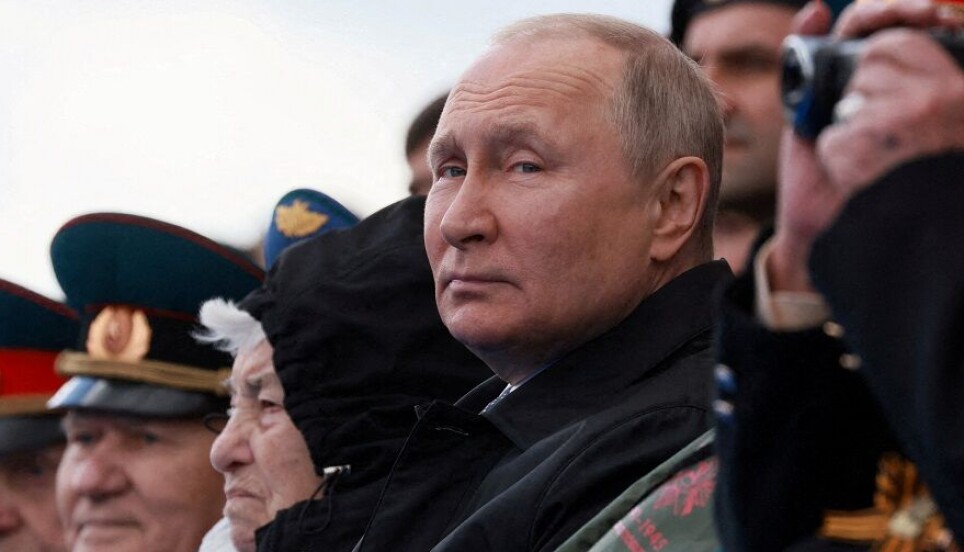
"The recent Ukrainian successes aren’t synonymous with continuing progress"
Ukraine is certainly putting pressure on Russia. That pressure increases the risk of escalation, claims professor Jo Jakobsen.
Ukraine appears to be making advances in the war that has been going on since February, recently blowing up the only bridge that connects Russia with Crimea, and thus to Ukraine. On paper, Russia is much stronger than Ukraine – so how in the world have the Russian forces ended up on the retreating front?
“There are clearly a lot of reasons why the Russians are under pressure. But underestimating Ukraine’s fighting spirit and ability, and the external support they’re receiving, is a fundamental one,” says Jo Jakobsen, a professor at NTNU’s Department of Sociology and Political Science.
At the same time, the Russians have overestimated their own fighting will and ability. This happened both during their preparations and from the start of combat,” says the professor.
“From the beginning, the Russians aimed to strike and secure quick victories on several fronts, including in the north around Kyiv, in the east, southeast and south. Some of the problems we’re seeing right now probably stem from this decision to not recognize what was simply too much to take on,” says Jakobsen.
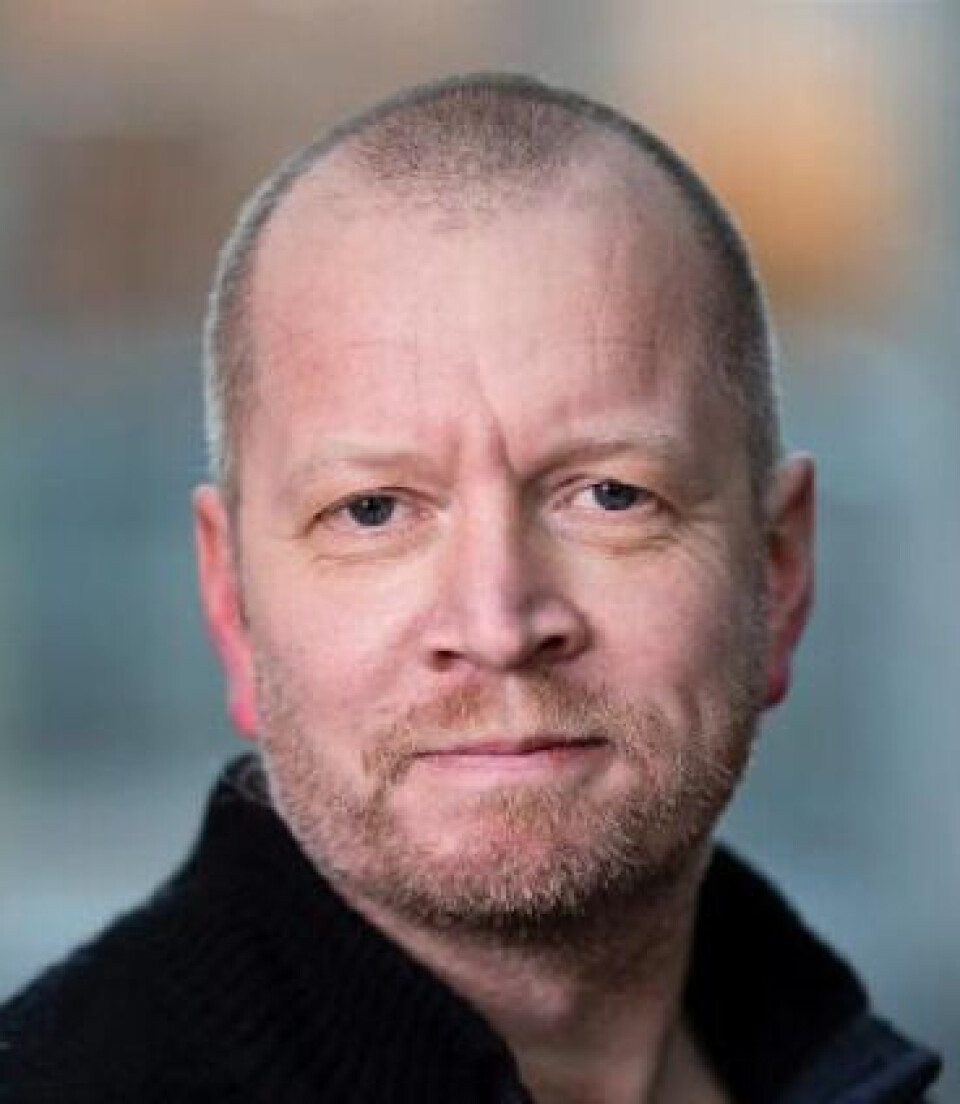
Weaponry support designed for a long war
We have to remember that Russia still controls approximately 17 to 18 per cent of Ukrainian territory, and that Ukrainian progress may not necessarily last.
“The recent Ukrainian successes aren’t synonymous with continuing progress. The recaptured territories now have to be consolidated and defended. The available evidence points to this being a war that will continue – for a long time,” Jakobsen says.
The external military support from the West is also designed to create a long-term war – at least if we simplify the picture a little.
The external military support is “actually about making sure that Ukraine doesn’t lose, because supporters know that a clear Russian loss would also cause significant challenges,” says Jakobsen.
The best option for world peace is therefore not necessarily a clear Russian loss.
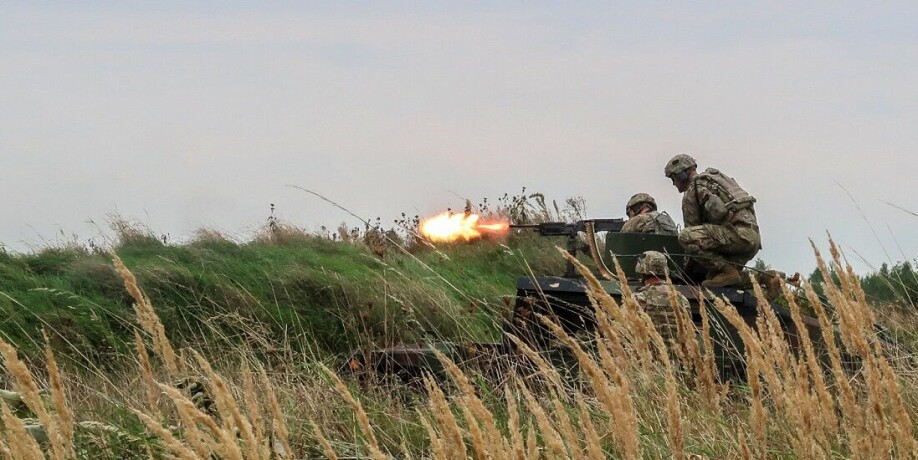
A Russia under pressure could escalate the war in Ukraine
“This is a war Putin can’t afford to lose if he and his regime are to maintain their political position in Russia. The Americans and numerous other countries fear that a Russian regime that is under pressure and desperate could choose to escalate the war. Russia has the capacity for that,” Jakobsen says.
Wars that include external intervention in the form of weapon support often follow this kind of pattern.
“Support increases when the supported country encounters problems, and the other party has the capacity to mobilise additional resources if necessary,” says Jakobsen.
He believes the civil war in Syria is an example of a war that is lasting longer than it would have otherwise due to external intervention.
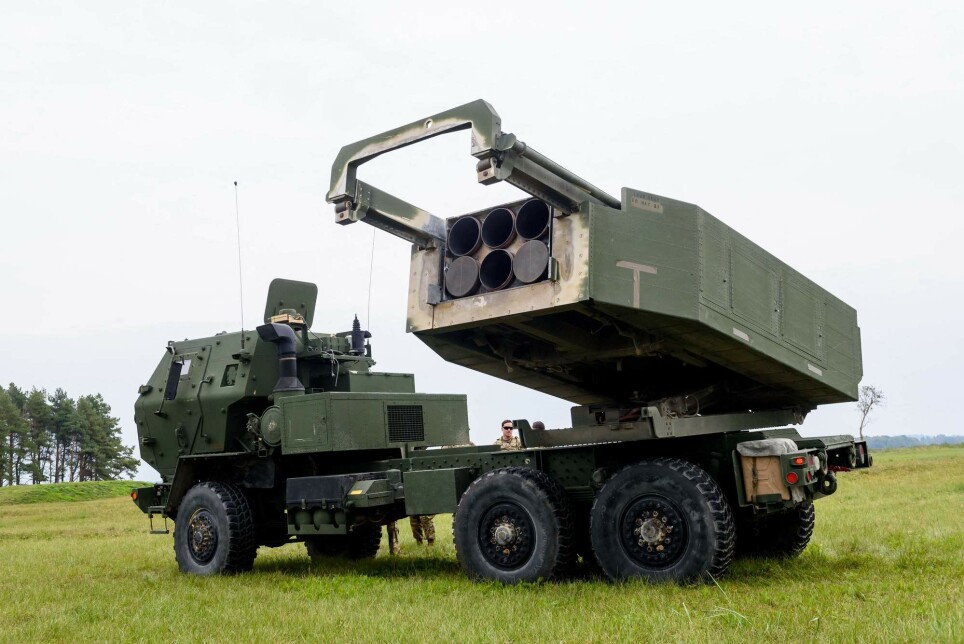
USA does not want to be seen as direct participant in the war
Ukraine obviously wants as much support weaponry as possible, such as more rocket launcher systems, so-called HIMARS, more long-range missiles and fighter jets. But the limit of support is dictated by the USA’s desire not to take too big a risk.
The USA’s main goal is to avoid being considered a direct participant in the war, the professor explains.
Russia, in their manner of preparing for and calibrating their warfare, concurrently has major capacity problems.
“Moscow regards this as a 'limited military operation', which we can interpret to mean that Russia is fighting with half, or maybe two thirds, of its military resources,” Jakobsen says.
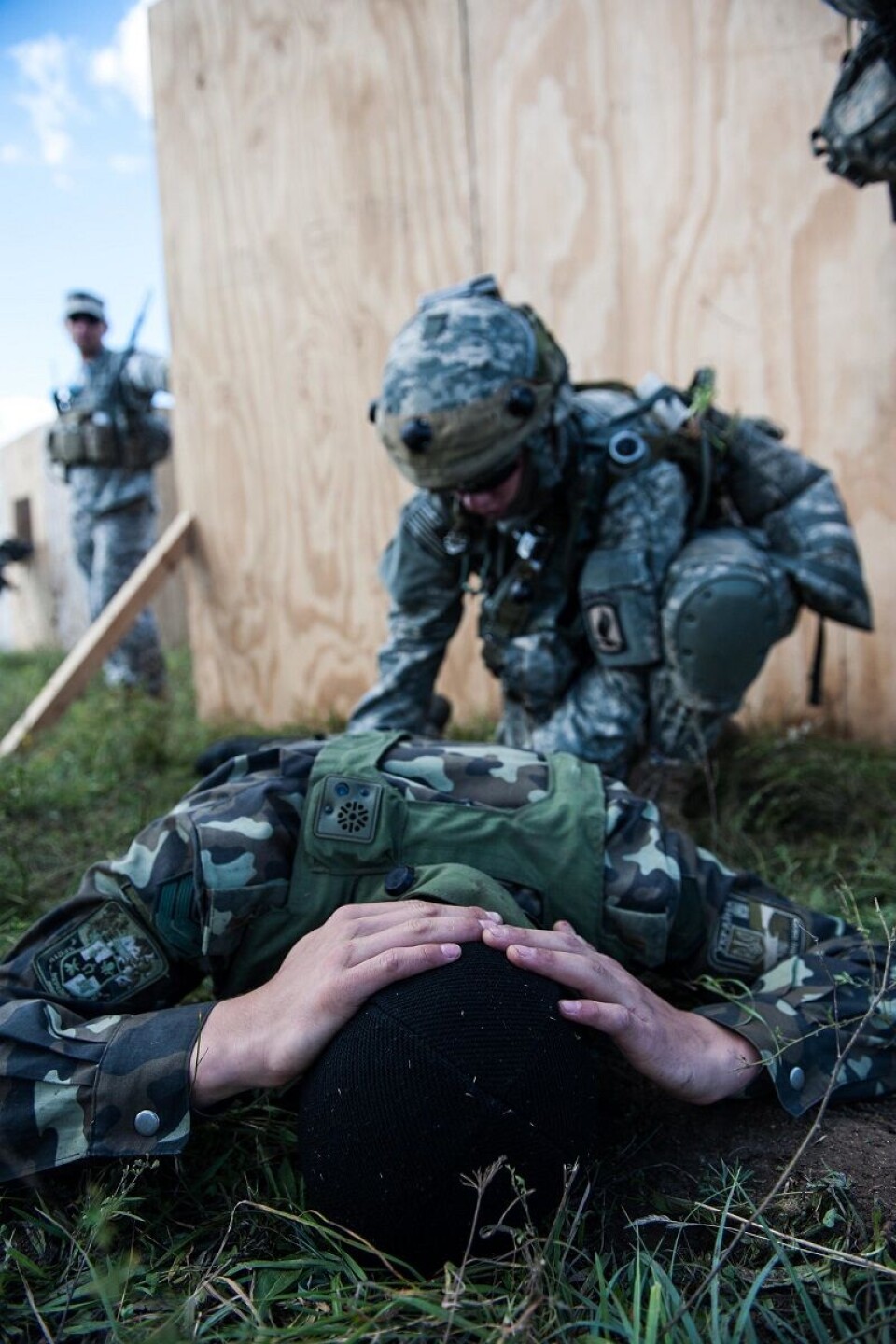
Russia’s military forces need to make profound changes
Several sources mention poor management as the reason for Russia’s dire situation. Units do not communicate with each other. Soldiers are not encouraged to think for themselves, but must strictly obey orders even when they do not serve their purpose.
“The war has demonstrated the need for more profound changes in the Russian armed forces. It seems quite clear that the regime has overestimated how far the military defence has come in terms of modernisation, despite the changes that have been made in recent years, and especially after the war against Georgia in 2008,” Jakobsen says.
He believes problems with the military leadership are also evident. Generals get fired or killed on the battlefield. Combat morale is suffering because the war is so difficult to justify.
The losses are severe, and many soldiers are not being paid. Here, too, the leadership has underestimated Ukraine and the supply of weapons from Western countries.
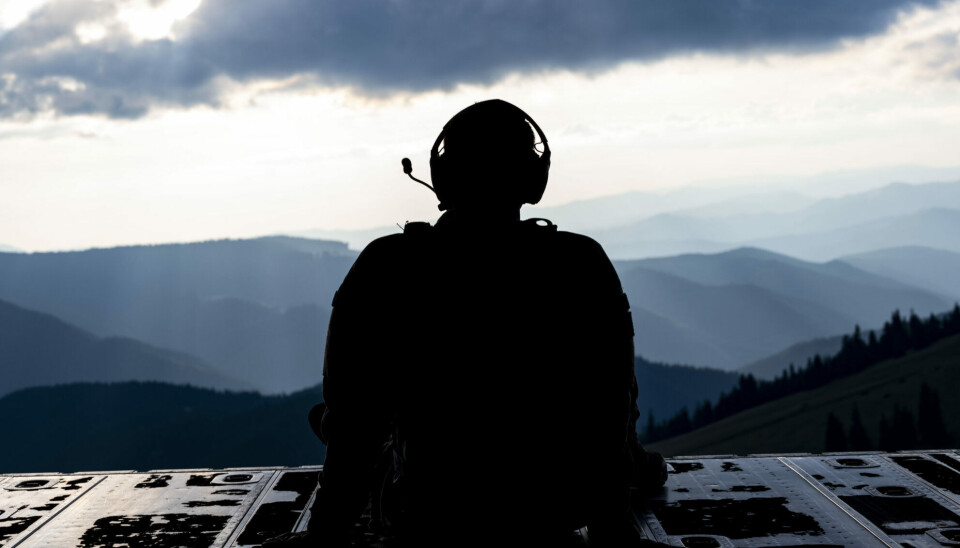
Political interference
But the weaknesses are not solely the fault of the military. Far from it.
“Russia is an authoritarian state with a large element of nepotism and corruption. These factors contribute both to political interference in military strategic and tactical decisions, and to lower military efficiency,” Jakobsen says.
The Russian propaganda machine has its hands full right now with explaining away the setbacks of the last few days, and for that matter of the past few months, he says.
“If they don’t succeed, the press and criticism of the regime will grow. Putin and his people could then face an existential problem,” says Jakobsen.
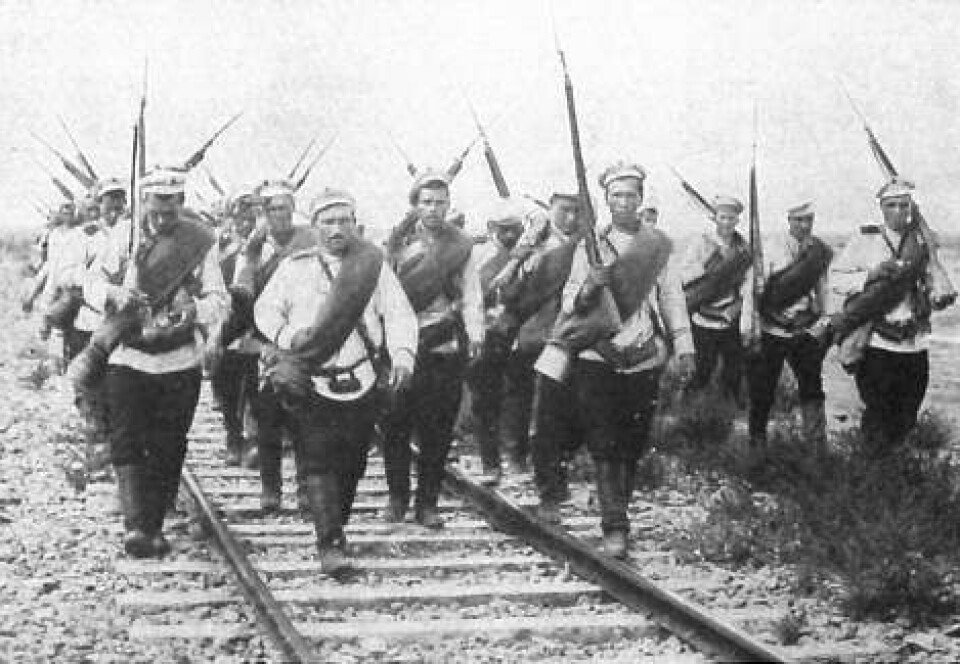
Russia’s fluctuating war combat
Russia has partially compensated for weak leadership in previous wars – such as the world wars and in Finland – by increasing troop numbers.
However, Russia can’t do this as long as internal political considerations force the regime to insist that the war is only a limited military operation. Will Putin have to start calling the war by its true name and thus mobilise?
“Russia has a long history of progress, followed by regression, followed again by progress and so on. They’ve experienced dramatic losses, such as in the war against Japan in 1904-1905 and in World War I, followed by revolutions; they demonstrated a lack of combat power in the Winter War against Finland and the Nazi German invasion, followed by the mobilisation of the country’s significant resources,” Jakobsen says.
The Russians expand and collapse, and have done so repeatedly.
“The Russians show enormous heroism in war – before they demonstrate the opposite. Their technological and military organisation is both sophisticated and backward at the same time.”
So what does all this mean for Ukraine? Essentially, it means that we can’t predict what will happen.
Outcome in Ukraine will also determine Russia’s future
“The war will define Russia’s future. The state and the regime could collapse, and then Russia will be finished as a superpower for the foreseeable future, until they eventually return to normal. Or else the war gets resolved in a way that’s acceptable to Moscow, and Putin continues to hang on to power, in dramatic opposition to the West,” says Jakobsen.
We can’t be sure, but Putin could meet long-term setbacks by fully mobilising. This would mean that the Russians would finally have to call the war a war.
“This would be an admission of failure but might be necessary in the end, because the lack of personnel is very serious,” says Jakobsen.
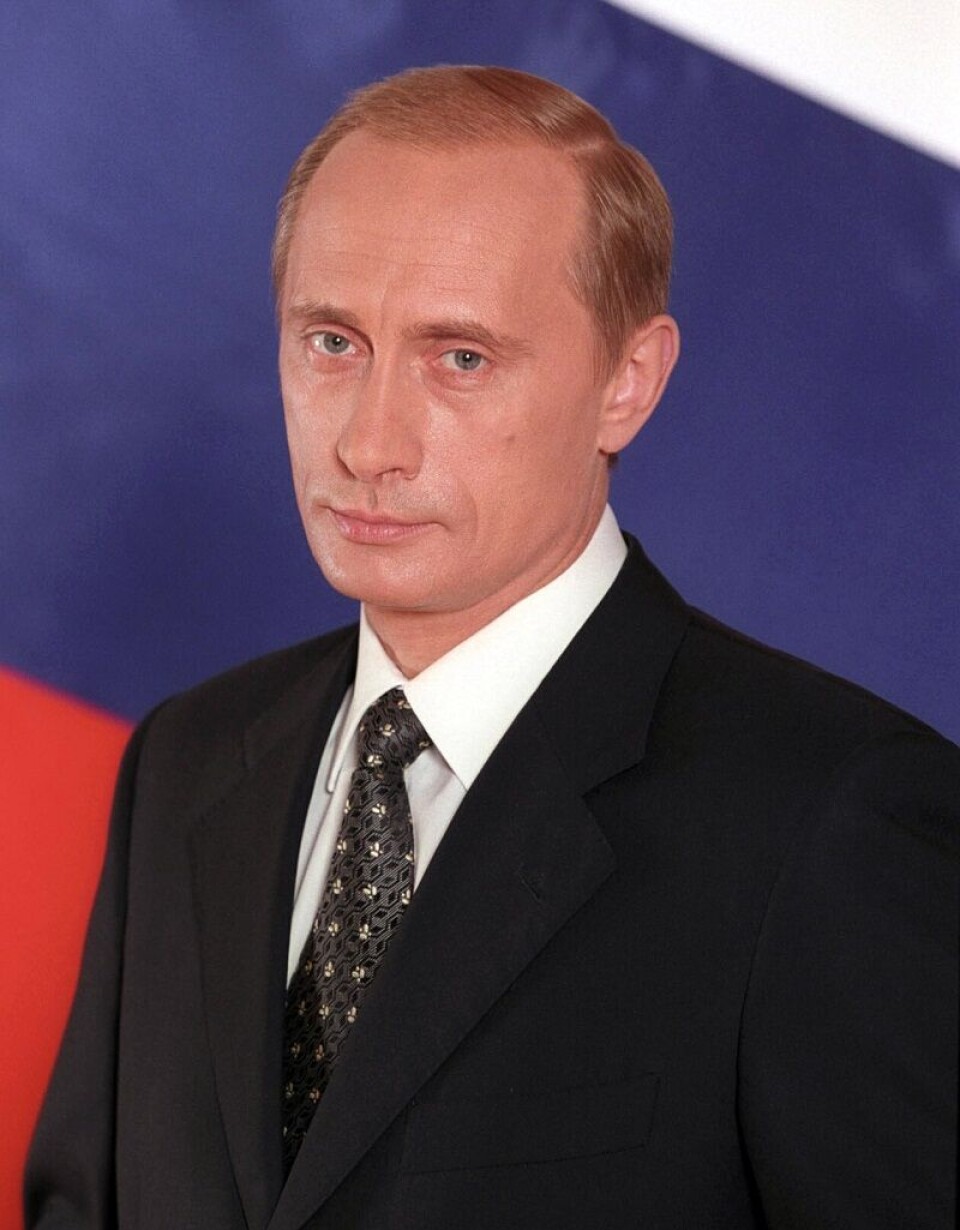
Could Russia play the atom bomb card?
Granted, Russia still has several conventional resources that it has not used. The country also has some unconventional resources — what are called ‘tactical’ nuclear weapons — which Putin has threatened to use.
That’s probably what frightens people the most, according to Jakobsen.
“The atom bomb card has proven to be very effective. The common knowledge that Russia is a nuclear power afforded the Russians protection to carry out their invasion,” the professor says.
For this reason, the USA and other nations made it absolutely clear very early on that under no circumstances would they support Ukraine directly on the battlefield with their own soldiers.
The underlying nuclear threat also means that the USA and others are setting a ceiling in their support to Ukraine. The Ukrainians do not have long-range missiles that could be used to strike deep inside Russia, or in Crimea. Nor are they receiving fighter jets or similar equipment.
“The big question is Putin’s thinking in terms of moving from threatening to use nuclear weapons to, in desperation, actually using them," Jakobsen says.
Such a Russian strike could happen either on the battlefield or in some other way to demonstrate what they are capable of doing if they want to.
“We don’t know Putin’s thinking well enough, and we especially don’t know what his thinking is as Russia faces the possibility of losing the whole war,” Jakobsen says.
Read more content from NTNU:
-
Researchers now know more about why quick clay is so unstable
-
Many mothers do not show up for postnatal check-ups
-
This woman's grave from the Viking Age excites archaeologists
-
The EU recommended a new method for making smoked salmon. But what did Norwegians think about this?
-
Ragnhild is the first to receive new cancer treatment: "I hope I can live a little longer"
-
“One in ten stroke patients experience another stroke within five years"





































